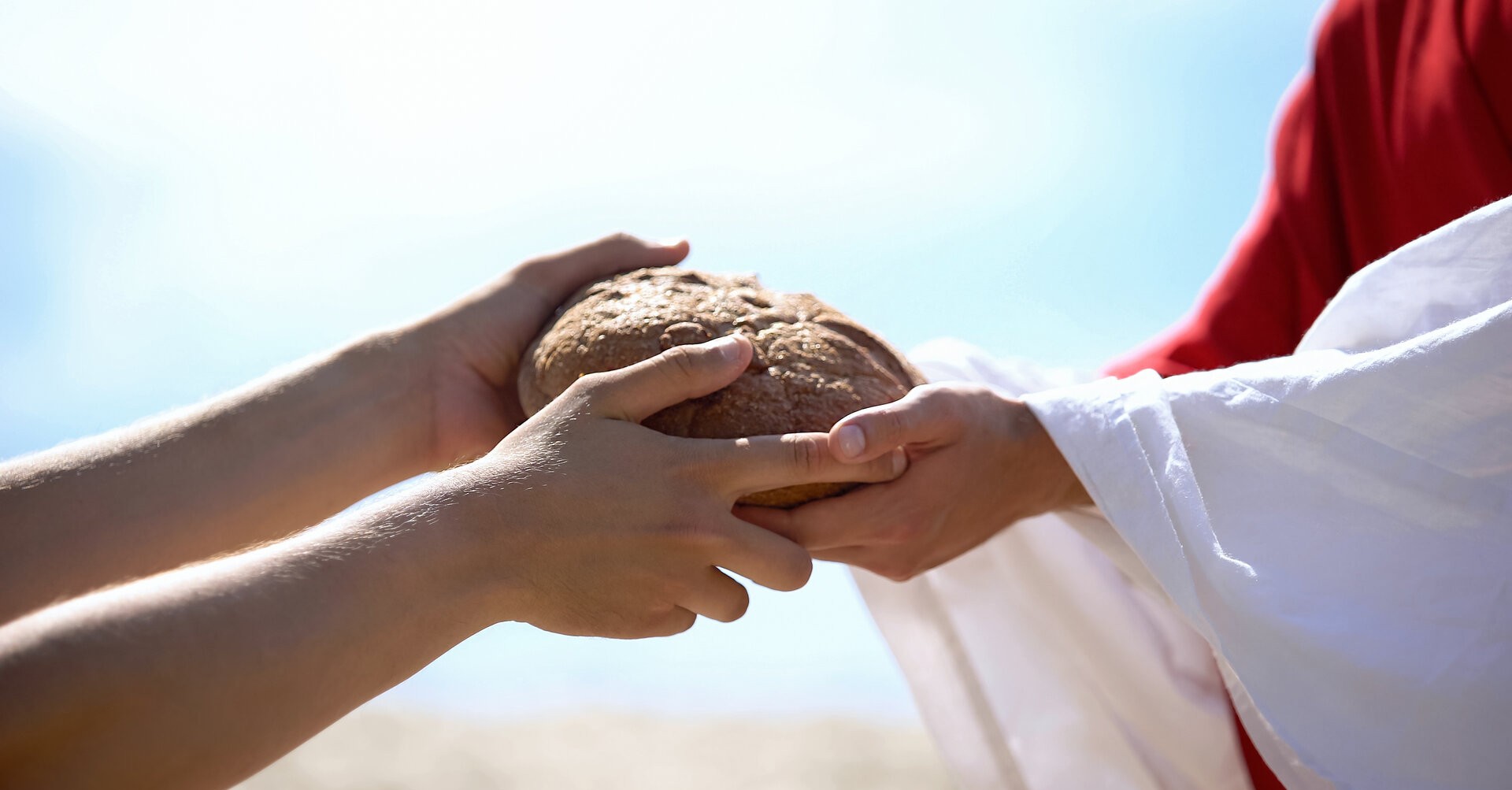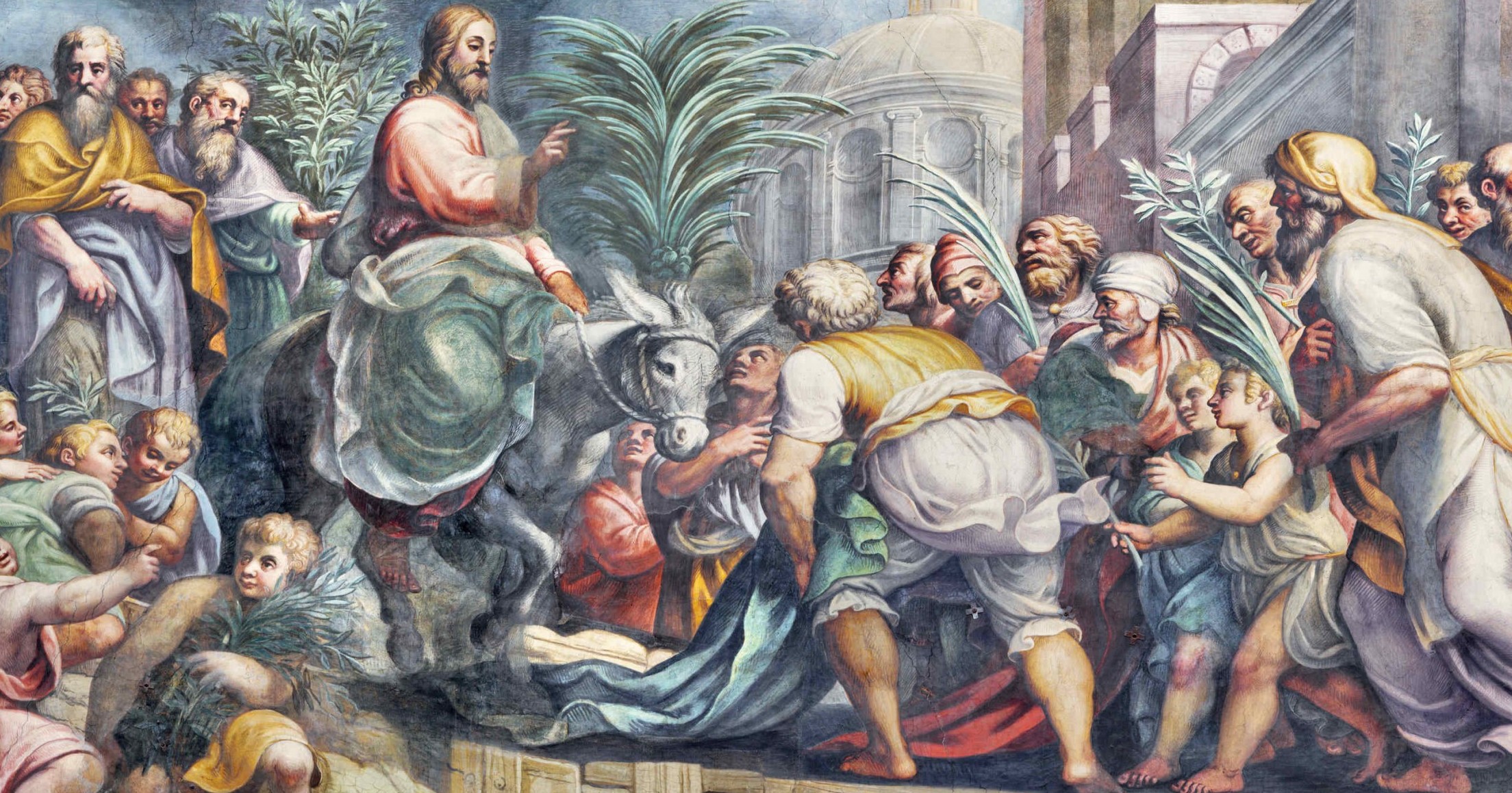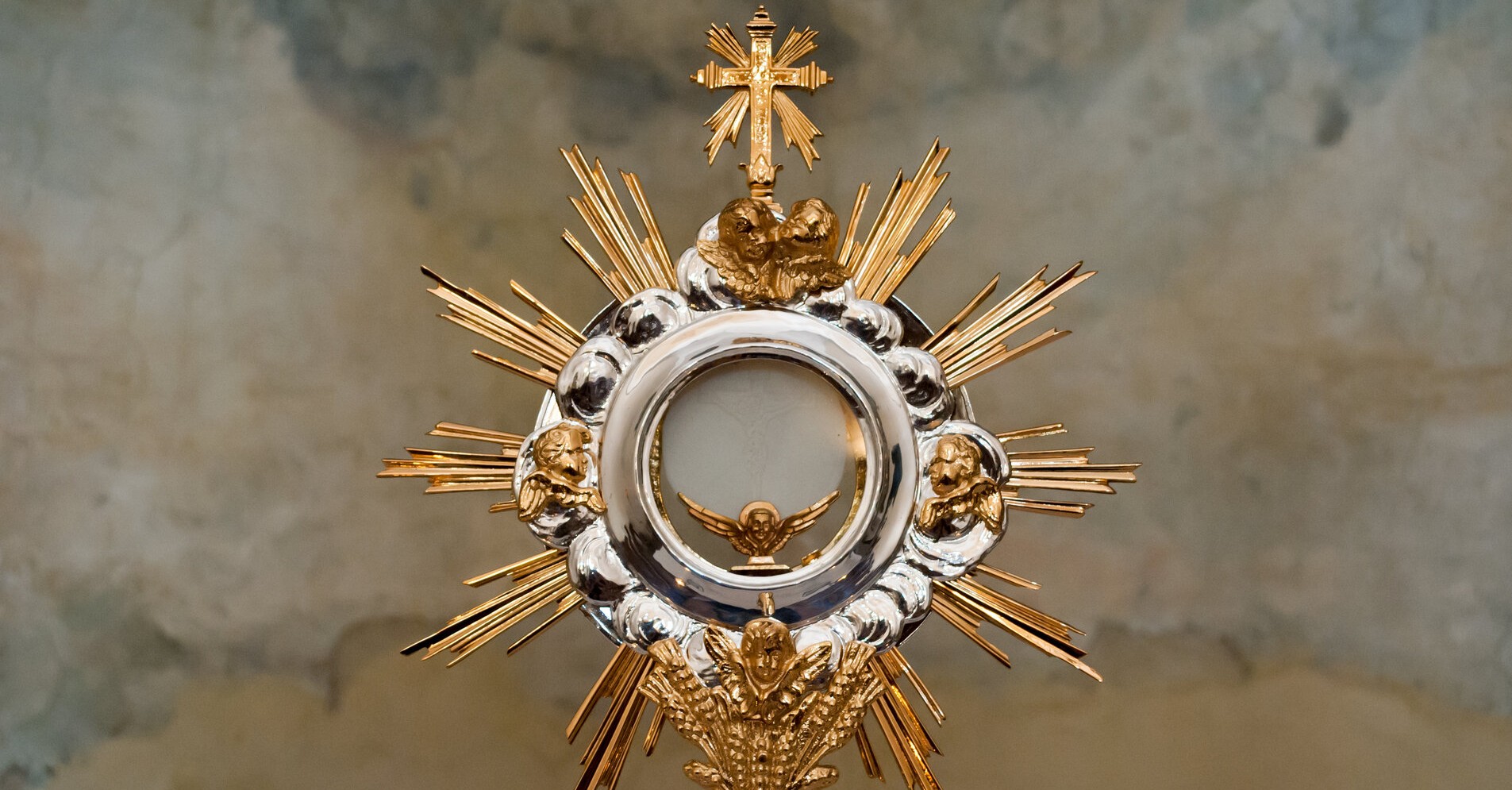23 May 2021
Today we join the Church around the world in celebrating the Feast of Pentecost.

The Christianisation of Jewish feasts
The early, pre-Nicene[1] Church was simple in its liturgical celebrations. They had three celebrations, one every Sunday and two annually:
- Sundays: The Lord’s Day, a “mini Easter”
- Because the Resurrection is important, Pascha (Easter Sunday), was a great annual celebration
- Pentecost
These were the Christianisation of Jewish feasts: Sabbath, Passover, and the Feast of Weeks. Judaism is a cradle of Christianity.
The Jewish Passover festival is celebrated every spring in connection with the Exodus; Christian Passover focuses more on the redemption of humanity than the historical aspect of the Resurrection. Jewish Passover commemorates the deliverance of the Hebrew people from slavery to the Promised Land; Christian Passover celebrates deliverance from bondage to sin and death, and our entering into glorious liberty as adopted children of Almighty God. We also enter into the everlasting Kingdom inaugurated and established by our Lord Jesus Christ.
Do we receive this when we get to heaven or here and now? We can begin to experience what Christ has done on the cross, by the power of the Holy Spirit and His working, here and now. The death, resurrection and ascension of our Lord is the reason we can achieve and receive redemption.
The Jewish Feast of Weeks is a late spring or early summer celebration of the completion of the grain harvest, held on its fiftieth day, called Pentecost in Greek. The Church celebrates Pentecost to commemorate:
- the events recorded in Acts 2 by Saint Luke
- that Christians have now become the people of the New Covenant
- that the Spirit of life in Christ Jesus has made us free from the law of sin and death. However, it’s not only being filled with the Holy Spirit, but Saint Paul says we need to learn how to walk and be led by the Spirit of God.[2]
Pentecost
While Easter celebrates eternal redemption, Pentecost celebrates the outpouring of the Holy Spirit. It’s one thing to celebrate Easter, but for redemption to become an effective reality in our lives and the lives of all believers here and now is the role and function of the Holy Spirit. Christianity doesn’t commemorate empty, powerless events that occurred in and through the life of a “good” moral teacher – the suffering, death and resurrection of our Lord made salvation and redemption not only possible, but also available. It changed the course and destiny of human existence. What Christ did on the cross has cosmic consequences beyond human comprehension.
In the book of Acts, Jesus instructed His disciples to remain in Jerusalem and wait for the promise;[3] meanwhile they chose Matthias to replace Judas Iscariot.[4] The 120 stayed in Jerusalem in an upper room and received the outpouring of the Holy Spirit.[5] If the Baptism of Jesus by John was the inauguration of Christ’s earthly ministry, Pentecost is the inauguration of the Holy Spirit’s ministry – particularly to appropriate salvation and redemption to those who believe. To appropriate means to apply what Christ has done to our lives today.
The Church is to live out salvation and redemption and thus become witnesses to the world. We’re to preach the Gospel, but to be a witness of Christ’s life in the power of the Holy Spirit is more than speaking and preaching – the Church must be salt and light. We witness not only through words, but through the life of the Church. The way we live is the most powerful witness of Christians to impact the world in which we live, and can bring transformation because the life of Christ is powerful.
The Great Commission
When the Lord commanded His disciples to go and teach all nations and baptize them in the name of the Father, the Son and the Holy Spirit, Jesus conferred upon them the power to give new life, the life of God, to people. They were not the Source, but conduits or channels as they proclaimed the Gospel and lived as the community of the New Covenant. Through proclaiming the Gospel and fulfilling the Great Commission, the Church opens the gates of life to all nations, tribes and tongues, and makes known to humanity the love of God and the New Covenant.
The harvest
Christ’s death on the cross was the planting of the Seed. If Pentecost is a harvest festival, it’s the beginning of the harvest from the planting of Christ’s life on the cross. The disciples and subsequent believers are the harvest and co-harvesters in the Holy Spirit.
When the Jews celebrated the Feast of Weeks, they made flour and leavened bread, and presented them as a wave offering, accompanied by a peace-offering, burnt offering and sin offering. They were thankful to the Lord for the harvest, so they baked bread and offered it to God. Saint Irenaeus said the Holy Spirit was promised so He can prepare us as an offering to God: we think of offering something to God, but may not realise that the Church, through the work of the Holy Spirit, is being prepared as the new creation to be offered to God. Grain is harvested and made into flour, but dry flour cannot become a lump of dough without water or moisture. Irenaeus said, “we who are many could not become one in Christ Jesus without the water that comes from heaven”: he likens the Holy Spirit to water that moistens the flour. The Holy Spirit is like rain from heaven on a dry and arid wilderness.
Christ’s ministry continues through the Church
The book of Acts demonstrates the ministry of Christ continued in and through the lives of the Apostles. Some people ask why we don’t see a similar demonstration of God’s Kingdom in signs, wonders and miracles in our age. A possible answer is that there’s a need to teach more about it, because faith comes by hearing, and hearing God’s Word. If the Church preaches more about the work of the Holy Spirit, we may again experience His gifts in our midst. Yet to preach it, people have to believe it. More than that, let’s expect and invite the Holy Spirit’s gifts to be manifested among us during the Holy Mass.
When the disciples received the outpouring of the Holy Spirit, they were praying together; this may be a reminder that the Church must enter into and continue in a season of prayer. Many of us prayed because of the pandemic, but some were already praying before it came. Maybe it’s a reminder to continue; even after the pandemic is over, God may be calling us to a season of prayer.
Let’s be reminded that the Holy Spirit is the third Person of the Holy Trinity and should not be relegated to mere power. The Holy Spirit is often spoken of in terms of power; let’s be careful and remember that He’s a Person. The danger is that power is subject to human manipulation and exploitation.
The Feast of Pentecost tells us that each us can become part of what God is doing. It’s not so much individual human ability, but the Person and power of the Holy Spirit working in and through us, that enables us to be part of what He’s doing in the earth. The manifestation of God’s Kingdom, the New Covenant, the transformation of the kingdoms of the world to become the Kingdom of our Lord and Christ, cannot be accomplished by human ability – it’s beyond human ability. What God has in store for us, what He promised in the Scriptures, cannot be done by humans. Humans must yield themselves to the Spirit at work in the midst of us, and become co-labourers and instruments: we’re simply God’s vessels. The Holy Spirit isn’t looking for ability but availability.
As we celebrate Pentecost, may you open your heart again, and may we be refreshed by the outpouring of the Holy Spirit. If your life as a Christian has become dry like the wilderness, may the Spirit of God refresh you, in Jesus’ name. If you’re called to be part of what God is doing in the earth, to the manifestation of God’s Kingdom – “Your Kingdom come, Your will be done, on earth as it is in heaven” – we’re there to pray, but it’s the Holy Spirit working in and through us that will make it possible. I pray you would yield your life to Him today and let your life be an instrument of God for His glory and honour.
[1] [That is, before the Council of Nicea in 325].
[2] Romans 8:1-14
[3] Acts 1:4-5, 8
[4] Acts 1:15-17, 20-26
[5] Acts 1:12-15, 2:1-4









